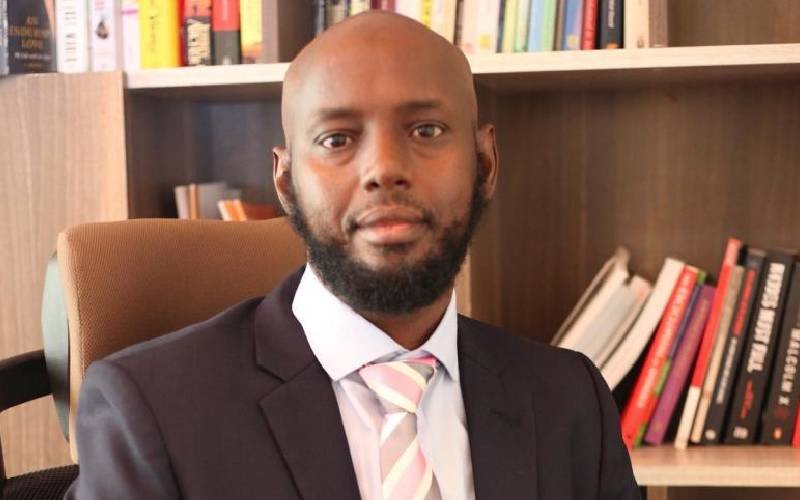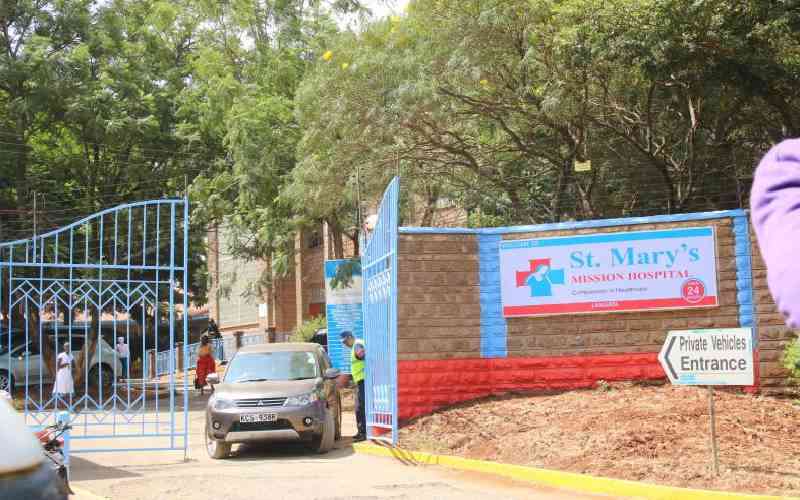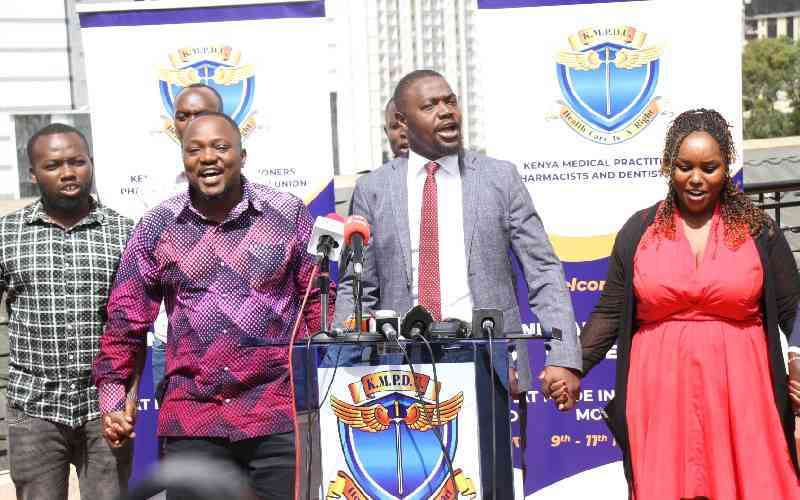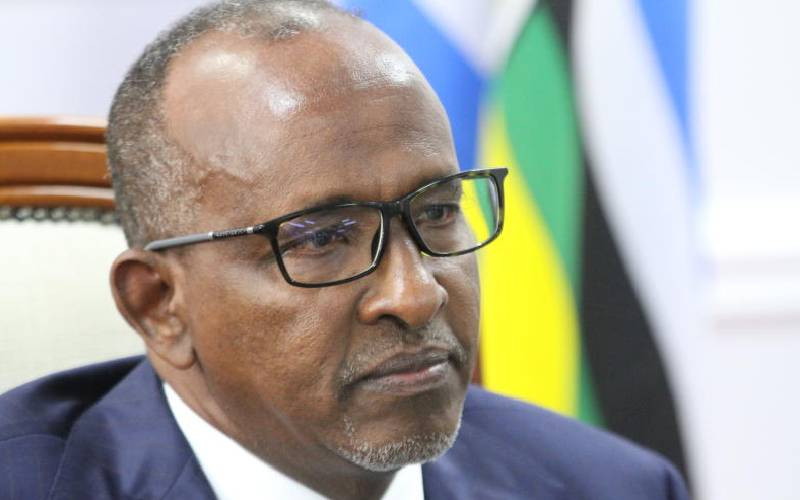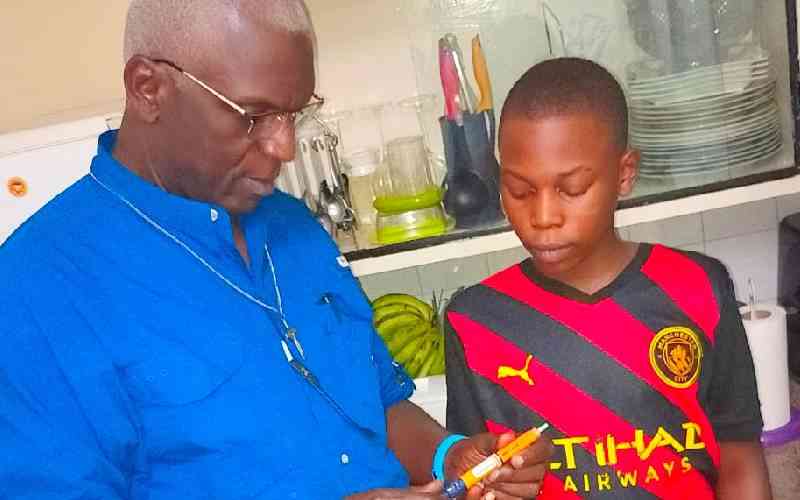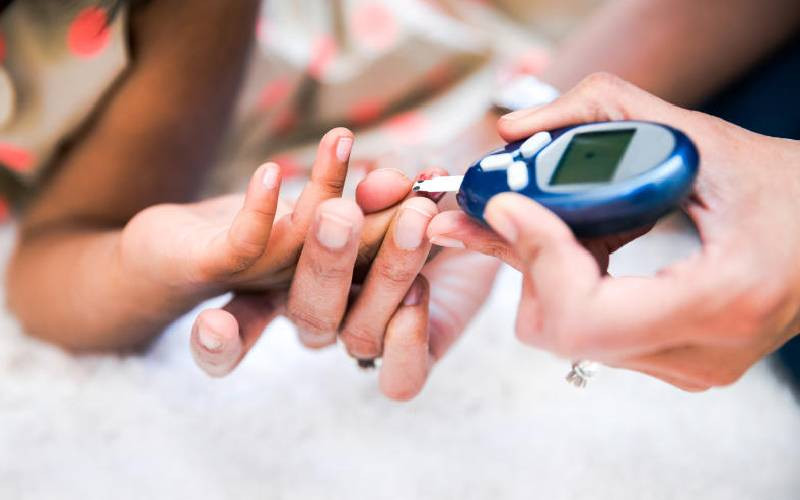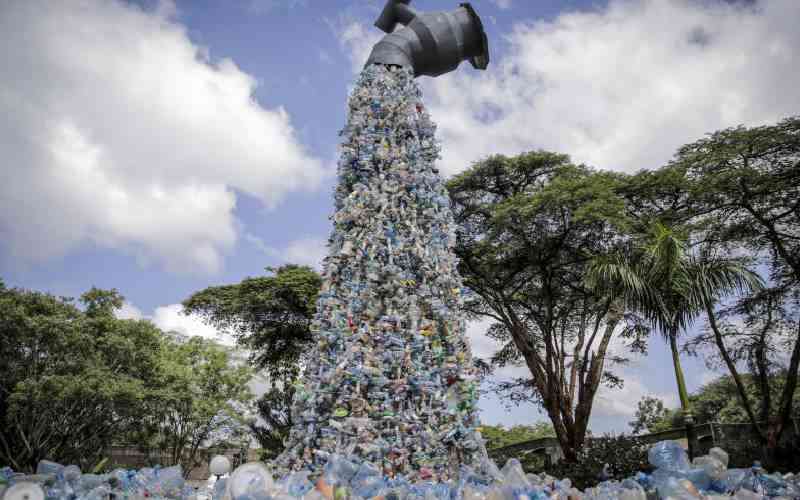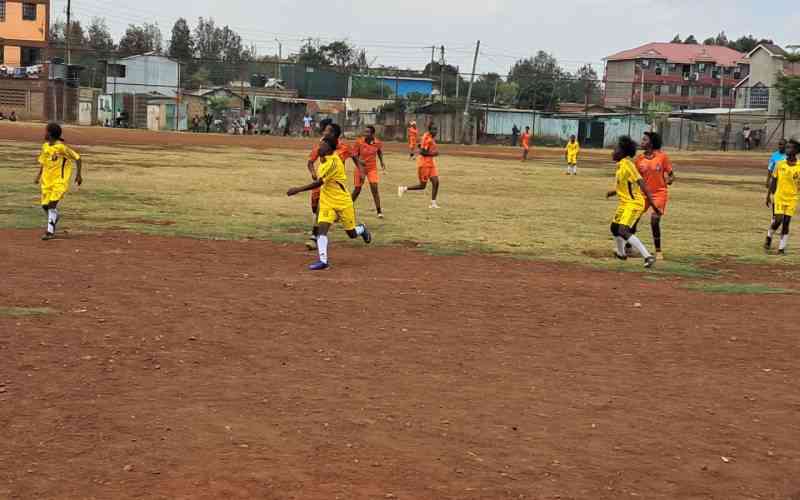
The midday sun blazed over the dusty Embulbul grounds in Kajiado County, where the orange-jerseyed Usawa teen mums clashed with their yellow-shirted adolescent rivals in a spirited football match.
Shouts, laughter, music, and clouds of dust filled the air as the girls sprinted after the ball, their determination shining bright.
But beyond the game, the players carried a heavier message: “Kick Abortion Stigma.”
The match formed part of International Safe Abortion Day, observed globally on September 28.
For the girls, the game was more than a sport—it was a way to spark conversations about unsafe abortion and the daily struggles young girls face in their neighbourhoods.
Reproductive health advocates also used the occasion to rally the government to take urgent steps in addressing unsafe abortion, one of Kenya’s leading causes of maternal deaths.
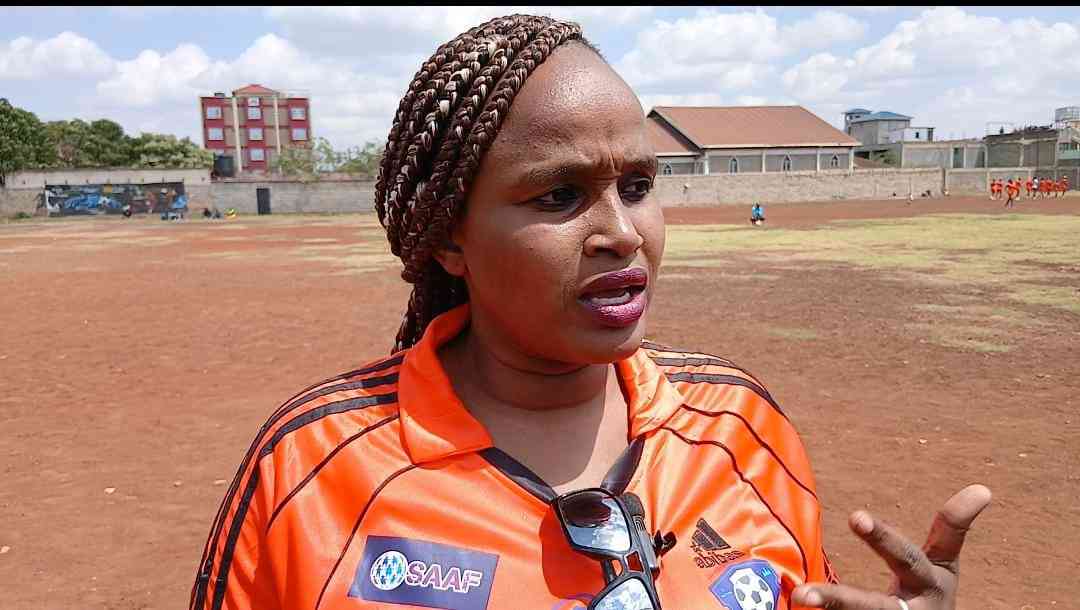
“Today we are here to emphasise the issue of unsafe abortion,” said Jolly Mukangu, Executive Director at Usawa Reproductive Health Association, which organised the football event.
“Almost 800,000 women procure abortions every year in Kenya, and the majority are young girls and adolescents. Those who cannot access safe services end up with lifelong complications of infertility and even death.”
- Confusion in SHA rollout leaves adolescent mothers struggling
- Abortion in Afghanistan: 'My mother crushed my stomach with a stone'
- Why Bungoma's teenage girls get pregnant to stay in school
- Why Gen Z is saying no to having children
Keep Reading
Usawa relies on sports and peer champions to create entry points for conversations around sexual and reproductive health.
According to Mukangu, poverty often drives girls into exchanging sex for sanitary pads, exposing them to disease and unplanned pregnancies.
Her organisation therefore creates safe spaces where girls receive mentorship, reproductive health information, and monthly sanitary supplies.
“We are urging the government and our partners to support us so that young people can make informed choices. When girls’ lives are cut short or dreams shattered by teenage pregnancies, we all lose,” she added.
National data underscore the urgency of the call for implementation of safety guidelines and post abortion care.
Ministry of Health statistics show that about 800,000 abortions occur annually, with unsafe procedures accounting for 7 per cent of maternal complications.
A recent study by the African Population and Health Research Centre (APHRC) further reveals that Kenya’s maternal mortality rate stands at 355 deaths per 100,000 live births, with unsafe abortion among the major contributors.
“I do not see why women and girls needlessly lose their lives. Unsafe abortion is killing our women and girls, yet it is preventable,” said Mickreen Adhiambo, program coordinator at the Trust for Indigenous Culture and Health (TICAH).
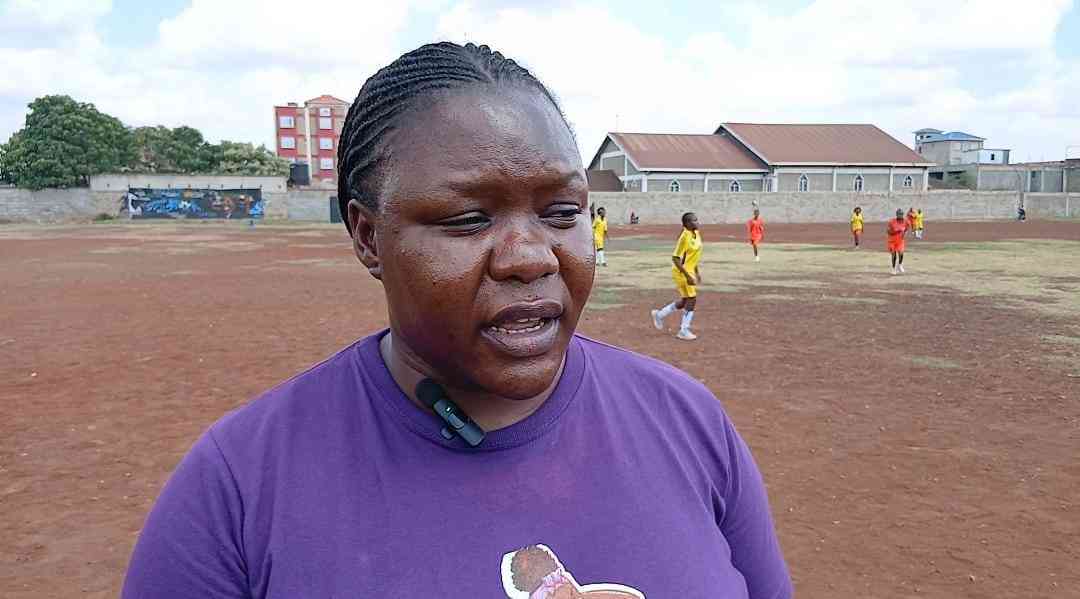
She cited a report showing that only 18 per cent of public facilities can provide post-abortion care, calling it “a huge gap.”
Adhiambo noted that the Ministry of Health recently launched post-abortion care guidelines and standards, which should be implemented quickly to avert further loss of lives.
“We want to see policies translated into action. First, implement the safe abortion and post-abortion care packages, and ensure services are accessible in both public and private facilities. Work in partnership with civil society and communities. This will ensure that no woman dies from a preventable cause,” she said.
The Constitution guarantees the right to emergency and quality health care, including reproductive health.
However, the law permits abortion under specific circumstances: when a woman’s life or health is at risk, in cases of sexual violence, and if performed by a trained health professional.
“The government has a responsibility to protect lives. The moment we are talking about postpartum haemorrhage, we also need to talk about the lives lost from unsafe abortions,” Adhiambo emphasised.
She added that stigma, high costs, and a shortage of trained providers continue to push many women towards unqualified practitioners or unsafe methods.
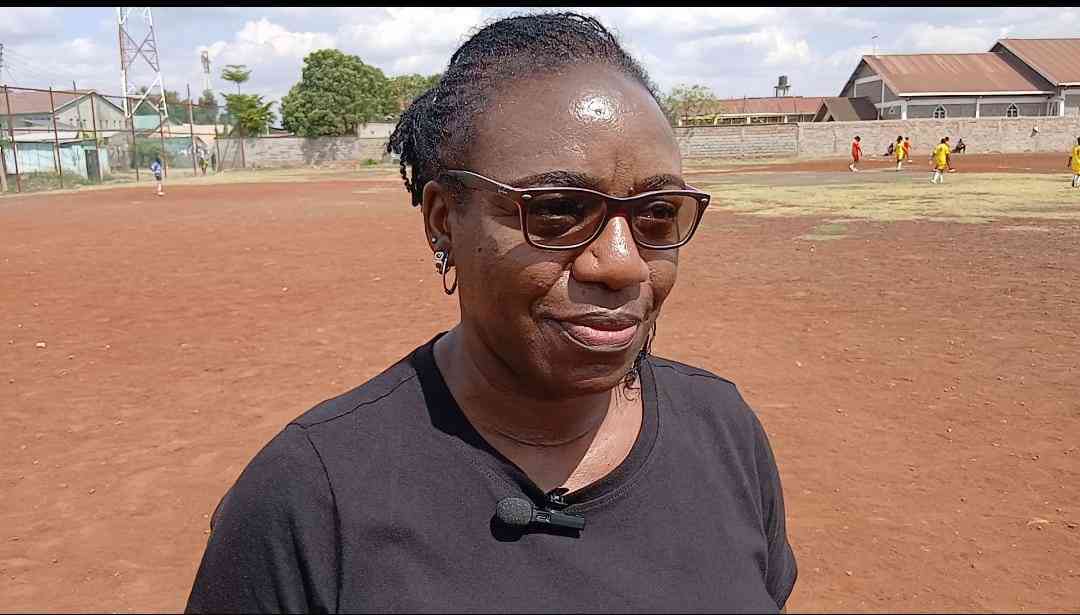
For Faith Mbehero, a midwife and founder of Third Sector Builders, community-led strategies are essential to breaking the cycle.
“Teenage pregnancy is a big menace,” Mbehero said.
“Fifteen per cent of girls between the ages of 15 and 19 are either pregnant or already mothers. Yet we don’t even have proper data for girls aged 10 to 14. These young people are invisible in our statistics, and that is dangerous.”
She added that silence around sexuality and reproductive health—both at home and in schools- leaves adolescents vulnerable.
She urged grassroots-level conversations and comprehensive sexuality education to empower young people to make informed decisions.
“An informed young person makes informed choices. Communities have stories, they have lived experiences, and they also have solutions. We must listen to them and support them,” she said.
As the football matches wound down, reproductive health advocates agreed that their demands were simple but urgent: reduce stigma, expand safe services, and fully implement policies already in place.
 The Standard Group Plc is a multi-media organization with investments in media
platforms spanning newspaper print
operations, television, radio broadcasting, digital and online services. The
Standard Group is recognized as a
leading multi-media house in Kenya with a key influence in matters of national
and international interest.
The Standard Group Plc is a multi-media organization with investments in media
platforms spanning newspaper print
operations, television, radio broadcasting, digital and online services. The
Standard Group is recognized as a
leading multi-media house in Kenya with a key influence in matters of national
and international interest.

